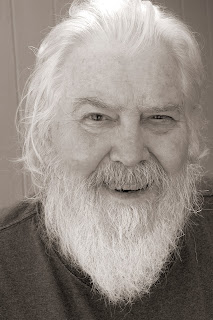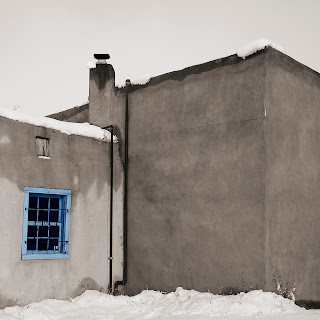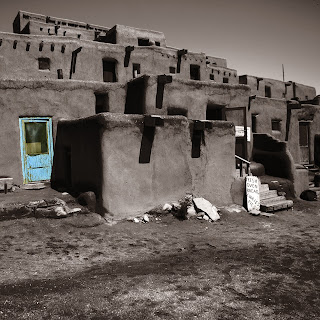As we drove from North Hills to Santa Clarita where we’d continue toward the coast in Ventura, I saw that we’d be passing through the town of Santa Paula. I told Peggy, Garrett, and Michelle that I had photographed in Santa Paula when we lived in LA from 1968 through 1970. I remembered it fondly, but I didn’t have a firm visual after fifty years. I just knew that II liked it. And if I like a place it's downtown has good bones and a rich history.
That proved to be the case. Santa Paula had a trim turn of
the twentieth century main street with a distinctly Mexican flavor. And that
made perfect sense since the countryside from I-5 to the coast was bursting
with nurseries and citrus groves all the way to the strand. It was quintessential
California. Situated amid the orchards of the Santa Clara River Valley it advertises
itself as the “Citrus Capitol of the World.” Garrett hypothesized that the town
was built, and groves tilled by Mexican laborers hence the Mexican influence.
That made sense but the apparent wealth of the Santa Paula suggested a landowner
class had put its stamp on the place, too. Further, Union Oil was founded in Santa Paula in
1890. It’s headquarters building now houses the California Oil Museum.
Since it was a bluebird 80 degrees on the day before Christmas the aura of the Golden State born in me in 1945 rose in my chest. The topography and climate of Santa Clara River
Valley are the stuff of my earliest California memories and feed my dreams of the place till this day.
To reacquaint myself with Santa Paula I was photographing vintage buildings in the alley behind East Main Street and I sensed a presence behind me. I turned around a smiling woman approached.
She said something like, “May I watch the artist at work?”
I responded, “Have a ball.”
She followed with, “Do you live here?”
“No. We live in New Mexico. How about you?
She told me, “No. We live in Utah. But my husband’s from Santa
Paula.
I explained, “We lived in Southern California in the late
Sixties and I’m pretty sure I photographed Santa Paula. When I saw the sign on
the highway, I told my family that if I remembered correctly Santa Paula was a
cool little town. I said that I’d like to stop for a few minutes find out. So,
we got off Highway 126 and I discovered it was everything I remembered from
1969.
"I’m Steve. What’s
your name?”
“Cristiana.”
“Pleased to meet you Cristiana. You know, one of my favorite
things is meeting somebody and making an instant connection. Like we’re doing
that right. It’s life affirming,”
She responded, “Yes, that kind of connection can happen when you feel safe with the other person.”
“I’ve heard that from other people. One gentleman in a tiny mountain
village in northern New Mexico told me “I can tell you’re a good guy.” Then he
gave me a dozen eggs. It’s a sweet experience.”
We talked about photography. I told her I was primarily a
black and white photographer and that I had come to write more than photograph.
I spoke about the blog I’d been publishing for something like 828 weeks. I gave
her my business card and asked her to email me her contact information in Utah.
I’d reach out to her if I traveled in her part of the world.
“Tell me your name and hometown again. I have memory like a
sieve.”
What I heard was Cristiana Wagner who lived on Wagner Road in the small town of Wagnerville in southern Utah. Her farm is in southern Utah near all the national parks, Zion, Bryce, and Capitol Reef.
She seemed legit to me. But from what I can figure there’s no W-ville
of any kind in the beautiful state of Utah. Either she snowed me or my memory is worse
than I thought.
Cristiana, if you’re reading this, help me out.













